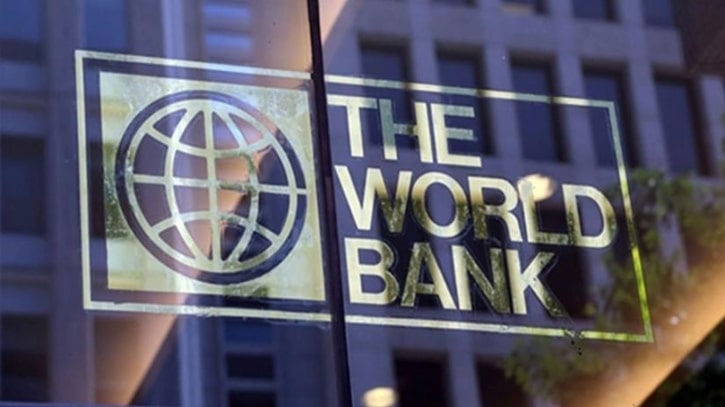World Bank sees rising risk of global recession in 2023

The world may be edging toward a global recession as central banks across the world simultaneously hike interest rates to combat persistent inflation, the World Bank said on Thursday.
The world’s three largest economies – the United States, China, and the euro area – have been slowing sharply, and even a “moderate hit to the global economy over the next year could tip it into recession,” the bank said in a new study.
The global economy is in its steepest slowdown following a post-recession recovery since 1970
The world’s three largest economies – the United States, China, and the euro area – have been slowing sharply
Consumer confidence dropped more sharply than in the run-up to previous global recessions
Synchronized interest rate hikes underway globally may not be enough to bring inflation back down to pre-pandemic levels
It said the global economy was now in its steepest slowdown following a post-recession recovery since 1970, and consumer confidence had already dropped more sharply than in the run-up to previous global recessions.
“Global growth is slowing sharply, with further slowing likely as more countries fall into recession,” World Bank President David Malpass said, adding his worry that these trends would persist, with devastating consequences for emerging market and developing economies.
Synchronized interest rate hikes underway globally and related policy actions were likely to continue well into next year, but might not be sufficient to bring inflation back down to levels seen before the COVID-19 pandemic, the bank said.
Unless supply disruptions and labour-market pressures subsided, the global core inflation rate, excluding energy, could stay at about 5% in 2023, nearly double the five-year average before the pandemic.
To drive inflation lower, central banks may need to raise interest rates by an additional 2 percentage points, on top of the 2-percentage point increase already seen over the 2021 average, it said.
IMF sees further global economic slowdown
But an increase of that size, along with financial-market stress, would slow global gross domestic product growth to 0.5% in 2023, or a 0.4% contraction in per–capita terms, which would meet the technical definition of a global recession, it added.
Malpass said policymakers should shift their focus from reducing consumption to boosting production, including efforts to generate additional investment and productivity gains, reports Reuters.
Previous recessions showed the risk of allowing inflation to stay elevated for long while growth is weak, the bank said, noting that the 1982 recession triggered more than 40 debt crises and ushered in a decade of lost growth in many developing economies.
World Bank Vice President Ayhan Kose said a recent tightening of monetary and fiscal policies would help cut inflation, but the highly synchronous nature of the measures could compound the situation and steepen the global growth slowdown.
The study suggested that central banks could combat inflation without touching off a global recession by communicating their policy decisions clearly, while policymakers should put in place credible medium-term fiscal plans and continue to provide targeted relief to vulnerable households.





